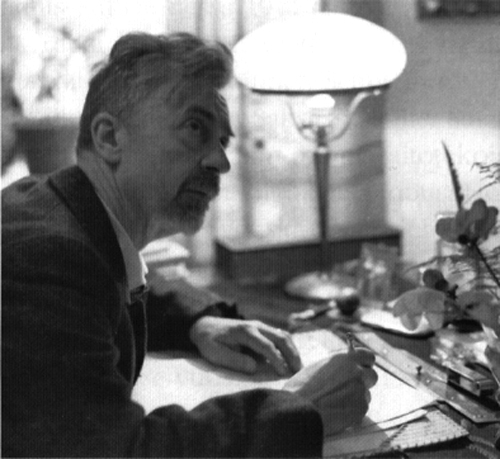Ilmari Krohn was the founder of the Finnish school of ethnomusicology, and he was one of the first to develop lexicographical methods for the classification and study of traditional music.
Krohn derived support and inspiration from the Suomalaisen Kirjallisuuden Seura, which pioneered the collection of Finnish folklore and the publication of Kalevala, the Finnish national epic. He was also influenced by the historic-geographic method in folklore, originated by his father Julius and his older brother Kaarle.
The main focus of Krohn’s approach was on the collection, classification, and publication of traditional songs, not ethnography or the musicians themselves. The principles Krohn laid were later adopted by Bartók and Kodály, and then spread to a number of European countries.
This according to “History, geography, and diffusion: Ilmari Krohn’s early influence on the study of European folk music” by Erkki Pekkilä (Ethnomusicology L/2 [spring–summer 2006] pp. 353–59).
Today is Krohn’s 150th birthday! Below, a 1977 recording of his Rukous (Prayer).
[youtube=https://www.youtube.com/watch?v=royxxCBk844]



